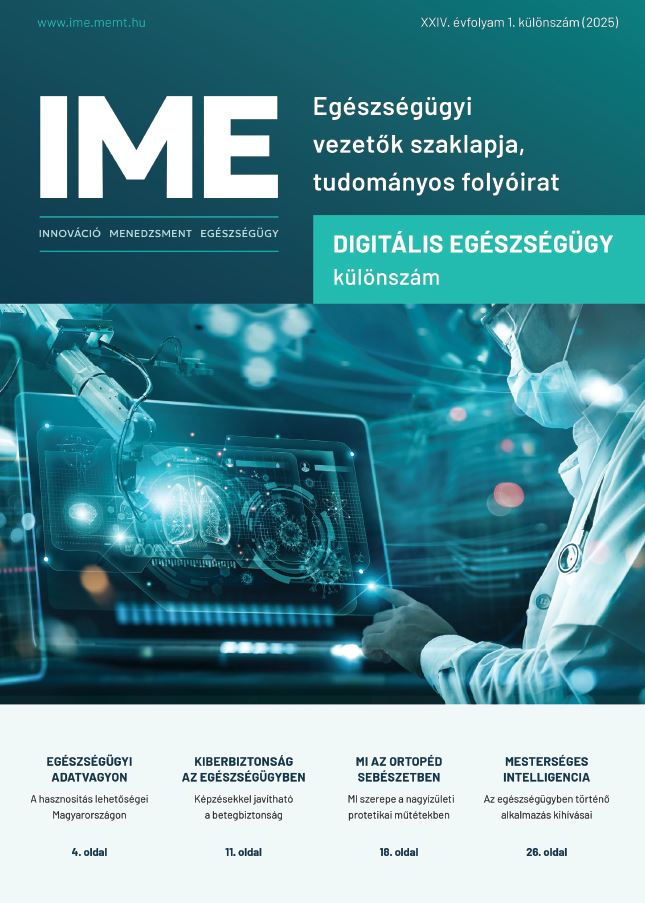Future challenges of artificial intelligence in healthcare
Abstract
Health systems worldwide face challenges such as rising costs, limited access and increasing demand for personalised care. In this process, artificial intelligence (AI) is becoming a key driver of transformation. There is a growing need to harness the potential of AI to mitigate these challenges, but also a critical assessment of the integration of AI into different areas of healthcare. AI is a set of algorithms and machine learning techniques that can mimic human intelligence functions such as decision making, pattern recognition and prediction. In healthcare, AI is not just a tool, but a new paradigm that offers the potential to improve patient care, reduce costs and increase the efficiency of treatment. The use of AI has opened up new dimensions in medicine, allowing more accurate diagnoses, more effective treatments and optimisation of system performance. Applications of AI range from radiology to telemedicine, drug discovery and patient care, and have a significant impact on the lives of both patients and healthcare professionals. However, in addition to the clear benefits of using AI, it is important to focus attention on the challenges it poses.
The aim of this paper is to draw together these areas based on experience to date, highlighting how traditionally used methods and procedures are being overridden by new technology, as the use of AI raises a number of ethical and technical issues, such as the protection of patient data, the impartiality of systems and the changing nature of the doctor-patient relationship. Moreover, the ethical dimensions of AI use, such as data protection, transparency of decision-making and social inequalities, cannot be neglected. Addressing these dilemmas is essential for the long-term sustainable integration of AI in healthcare.
The future of AI in healthcare depends on our ability to use the technology in a responsible, thoughtful and ethical way. AI is not just a tool, but a catalyst for potential change that could fundamentally reshape medical care and disease management. But this requires global collaboration, including the alignment of technological innovation, privacy reforms and ethical standards.
For AI to reach its full potential, it will also require advances in education and regulatory systems. Only in this way can we ensure that new technologies are accessible to all, while preserving patient safety and human dignity. The key to the future of healthcare is therefore to take into account social, economic and ethical aspects in the development and use of AI.

This work is licensed under a Creative Commons Attribution-NonCommercial-NoDerivatives 4.0 International License.




